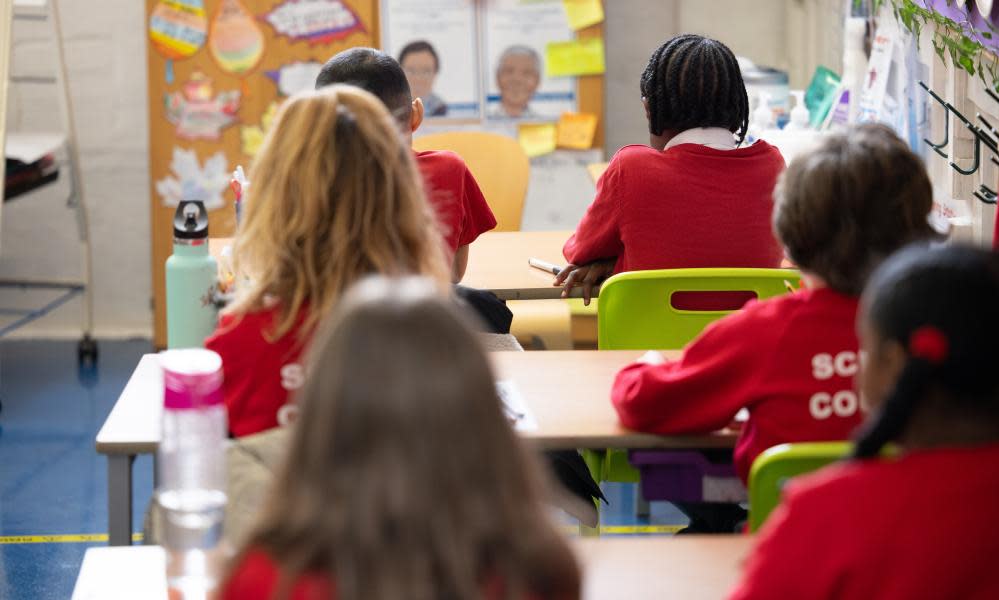The Guardian view on reopening schools: ministers don't inspire trust

For children, parents, teachers, headteachers and other school staff, these are uncharted waters. Learning in British schools has never before been moved out of classrooms, and on to the internet, for nearly a year. As most pupils return to school buildings in England this week, along with the youngest year groups in Northern Ireland, and Scottish and Welsh pupils prepare to go back later in the month, much remains uncertain. A full picture of what has happened to children during lockdown doesn’t exist yet. Nor do we know what it will be like for them to be back at school.
Will they, and their teachers, feel relieved to be back together? Could the sense of release have a galvanising effect? Or will the demands of institutional life be overwhelming after so much time at home? Already, dramatic differences have emerged between the experiences of children during lockdown, with some reportedly dreading the return, while others have become lonely and bored at home.
With such variations in mind, “wait and see” must inevitably form part of schools’ and ministers’ plans. To this must be added an element of ongoing risk, since no one knows by how much the reproduction number of the virus, known as R, is going to rise. Most teachers and almost all children remain unvaccinated. The use of masks, ventilation and regular at-home testing will all be key to preventing and limiting future outbreaks.
But while a degree of uncertainty is inevitable, the government’s approach remains worryingly vague. Mixed messages around the wearing of masks and last-minute changes to instructions for what to do following a positive test have created an impression of decisions taken on the hoof. Over the weekend the education secretary, Gavin Williamson, was unable to explain in any detail what plans exist for the external moderation of this summer’s teacher-awarded grades. It fell to the Ofsted chief, Amanda Spielman, to dampen down suggestions that the school day might be extended, or holiday dates changed, because more lessons must be fitted in.
The government’s catch-up tuition programme has yet to prove its worth, with some headteachers reporting contractors unable to deliver lessons in after-school slots. Yet again, ministers’ policy of outsourcing public services whenever possible appears not to be delivering the promised results. Where the efforts of the Department for Education ought to be geared towards minimising disruption, and providing a bedrock of scientific and educational expertise, instead policymaking appears unnervingly haphazard.
The appointment of Sir Kevan Collins to the new role of education recovery commissioner may, in time, help to smooth some of these rough edges. His acknowledgement of missed opportunities in sport and the arts, as well as the gravity of any growth in the attainment gap, were an encouraging start. But solving the problems thrown up by the pandemic, including the urgent need for additional children’s mental health services, cannot be delegated to one individual. Schools policymaking ought to be a process of collaboration, and the £705m in catch-up funding allocated this year is not enough (nor is it all new money).
While politicians in the devolved administrations have often appeared more closely in touch with the schools and children for which they are responsible, Mr Williamson has never appeared the right person for the job. Children around the world have been unlucky to have their educations interrupted by a pandemic. It is the particular misfortune of children in England that the government seems so little interested in them or their teachers.

 Yahoo Movies
Yahoo Movies 
